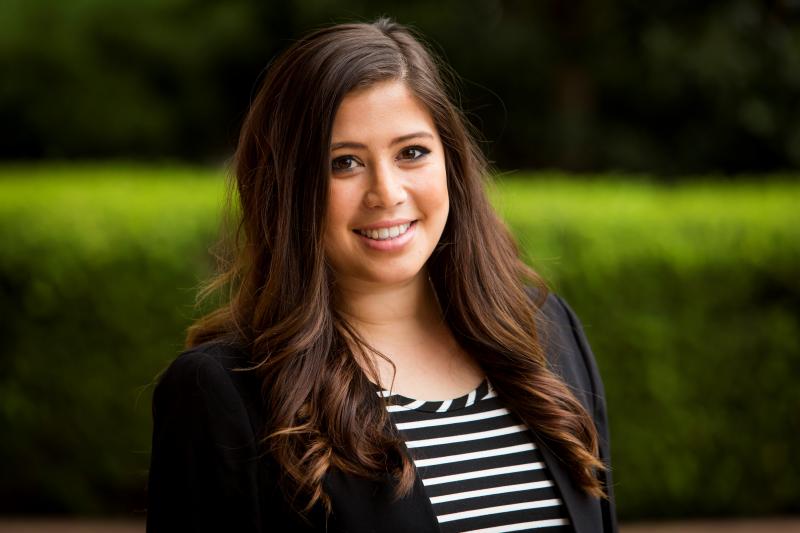
Over the past eight years I’ve worked in PR across three different continents - in the UK, in Australia and the US. I’m also half-Asian (my mom is from Taipei). So I was intrigued to read the PRCA’s first APAC Census, which came out at the end of last year. While browsing, there were three key areas that resonated with me, as well as three challenges for the industry that stuck out.
Don’t ignore mental health
Mental wellbeing in the workplace is a topic close to my heart,and judging by the report it is something that will need continued focus (and action!) from our industry for years to come.
The Census highlights that the average practitioner works 46 hours a week – seven more than their contracted hours. The highest figure is a staggering 78 hours per week, andnearly one in five regularly work a 60-plus hour week. These figures are broadly similar to those found in the most recent UK edition of the Census, and December 2019’s inaugural Middle East version.
The Asia-Pacific Census showed that 6% of APAC practitioners have been diagnosed with a mental health condition – rising to 11% for those aged under 35. Compared with the UK figures (32%) it begs the question; are they doing something better than we are, or are the figures skewed? I can attest that there was and still is a lot of taboo around mental health and mental illness within Asian cultures and I wonder if that might be influencing the figures here.
I was disappointed to see the Asia-Pacific Census results showing only 11% of agency staff surveyed have access to an employee assistance programme, compared with 40% of those working in-house. I was also quite surprised to see that few have asked for flexible working arrangements - only around two in five have sought flexible start/finish times and only a fifth have asked to work from home.
As someone with a regular weekly work-from-home day, I really think these figures need to improve. To attract and retain the best talent, we need to recognise the benefits and need for flexible working initiatives - they are such an effective way to keep people happy, healthy and productive.
Take action on equal pay
The Census also highlighted that men working in PR in Singapore earn an average of 30% more than their female counterparts.
Yes, 30 freaking per cent.
If someone gave me 30% less of my chai latte in the morning I would be outraged, but this is wild.
Compared to the UK Census, where the workforce is also majority female and with a 13.6% pay gap, it seems like we aren’t doing too badly. But it’s still clear that we need to do more to fix this and quickly across all markets and regions.
That means, among many other things, that we need broader mandated reporting and greater transparency for businesses, greater awareness of the issue, initiatives supporting females to stay, progress or return to senior positions and fair compensation for women at all levels when compared to their male counterparts.
Again, it comes down to talent - why are women going to keep choosing to work in PR if they get paid less?
Be open to non-graduates
I always knew I wanted to pursue a career in PR and my path has been oddly linear. My aunt led an agency in my hometown of Albuquerque, New Mexico; being able to watch and learn from her inspired my start. I studied PR at university, got PR-related work experience, and was fortunate enough to head straight into full-time PR work after graduating.
Growing up in the US it was very much the norm to do a degree relevant to the job you wanted - likewise in Asia-Pacific, the Census shows us, half of respondents have a PR or business degree. So while I fully support students pursuing a communications and PR degree, I have found it increasingly apparent that an individual’s degree (or lack thereof) has little bearing on their creative thinking and ability to solve problems and find solutions for clients.
I’m glad that another commentator looking at this Census agrees with me. I’m also delighted that my employer does too - I was lucky enough to be involved as an assessor for our latest round of Edelman Open, an initiative which gets rid of conventional CVs and applications. Instead, we use a series of thought-provoking, creativity-driven tasks to sift through candidates.
I think it’s part of our duty in future-proofing our industry, around the globe, to ensure that we aren’t excluding top talent from entering based on their background or schooling. The best, most creative ideas and solutions can come from absolutely anywhere. Our teams, agencies and businesses should reflect that.
Ishtar Schneider is an Account Director in Edelman London’s global health team.
